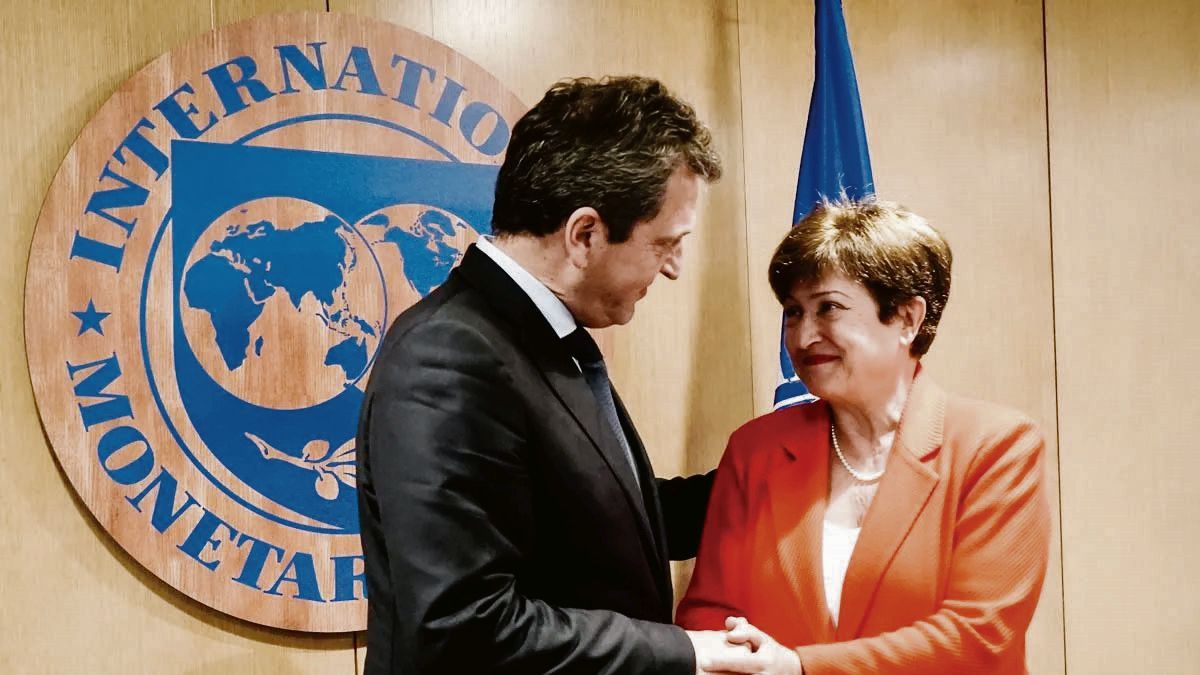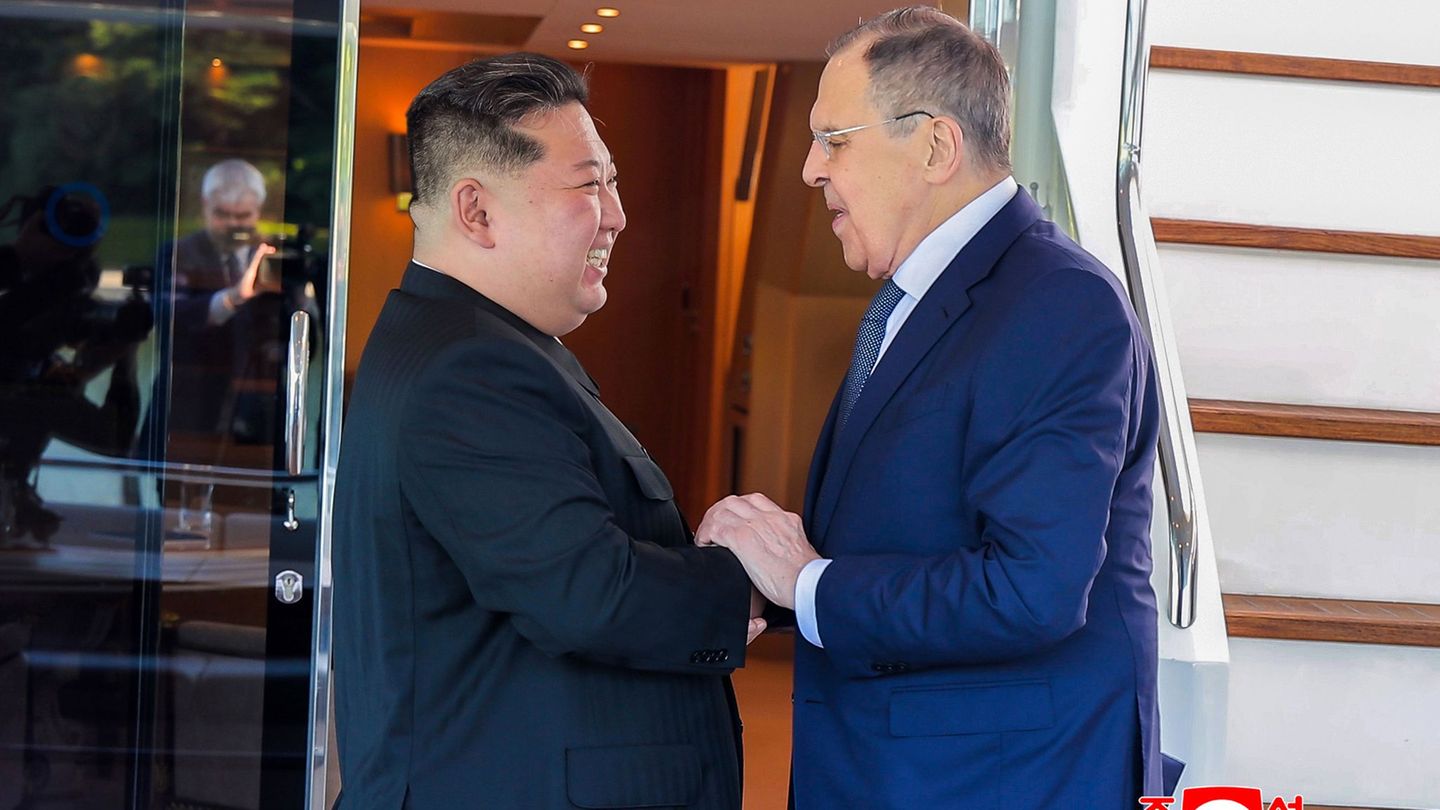The Ministry of Economy, which heads Sergio Massa, advanced with the easing of the reserve target with the International Monetary Fund (IMF). However, despite the drop in collection and the increased spending that the pension moratorium will imply, it is it will maintain the fiscal deficit target of 1.9% of GDP. For that, the IMF asked to accelerate the rise in energy rates, but from Economy they clarify that the only two items that will not have changes will be social assistance and public works.
Before the consultation of Ambit about whether the agreement is expected to be renegotiated, as the vice president assured, Cristina Fernandez de Kirchner, last Friday, from Economy they answered: “We are already doing it, we came to blows two months ago with the IMF.” Close to Massa they added: “It was said that the toughest goal was going to be the accumulation of reserves and instead of discussing a waiver, that was moved, there are not many agreements that change the goals at the beginning of the year.” In addition, they stated that the moratorium was approved, despite the fact that the initial signing of the agreement with the IMF established clauses that there should be no “new tax amnesties.”
Despite the drop in revenue that the historic drought implies, what will not change is the fiscal deficit target. In addition, in Economy they assure that the quarterly deficit goals set out in the agreement for April-June and June-September, prior to the presidential elections, enable greater “fiscal freedom”.
Despite the fact that the opposition proposes that in order for there to be political cooperation, as requested by the Secretary of Economic Programming, gabriel rubinsteinthere should be a greater effort to reduce spending, in Economy they affirmed: “The fiscal goal cannot be lowered more in a year that you have a drop in collection with this drought, and with a large part of the spending being inelastic.”
Although Economy plans to meet this goal by 2023, they anticipate that Meeting it in the first quarter is going to involve “hard work”. The fiscal deficit for January was 0.12% of GDP and the deficit for February will be announced next week, but the Economy Department reported that it will be “similar.” Therefore, there will be little margin left for March, where the goal with the IMF is for it to be for $441,000 million, 0.3% of GDP. “We are going to have to work hard,” they told the Palacio de Hacienda, and assured that “the idea is not to use the floating debt, because it is messy.” “If tougher policies have to be made, social assistance and public works will be protected”clarified official sources.
In any case, in Economy they trust in a second quarter that will be “better” than the first, with the arrival of the thick harvest, and hope that “if it rains in the next 20 days”, there could be a less bad outlook for the drought , which would contribute dollars, but also collection, via the payment of export duties, which was the most affected item in the first two months.
With the drop in revenue and the increased spending that the moratorium will imply, The concrete measure to meet the goal that for the moment is being advanced by the Economy is to “accelerate the rise in rates.” The IMF statement talks about “eliminating subsidies for higher-income residential users as of May, and for commercial users at the end of 2023.” on going”.
In the Palace of Finance they admit that the segmentation is “delayed”, because they consider that there are people who should have the subsidy but who were not registered in the Subsidy Access Registry (Rase), and that is why so much official publicity of the registry. “We are going to extend the term that expired in March to mid-April so that we give more time, especially to the people of the interior,” they reported. “What the IMF is asking is that the expected increase in the seasonal price of energy be applied to all those in level 1, but we do not do it until we are certain who is there,” they added.
Besides, pension payment plan approved by Congress, through which 800,000 people could retire, will also imply greater pressure to meet the goal. From Economy they admitted that, after the approval of the law, there were “discussions” with the technicians and they had to “re-evaluate” some projections, given that they are retirements that remain for the coming years. They clarified that a part of the moratoriums is already provided for in the 2023 budget, but added: “If there is any difference, compensation will have to be made.” In addition, from Economy they said that the IMF asks that the moratoriums have a “socioeconomic criteria” so that they reach “those who need it”, such as looking at credit card spending.
Source: Ambito




